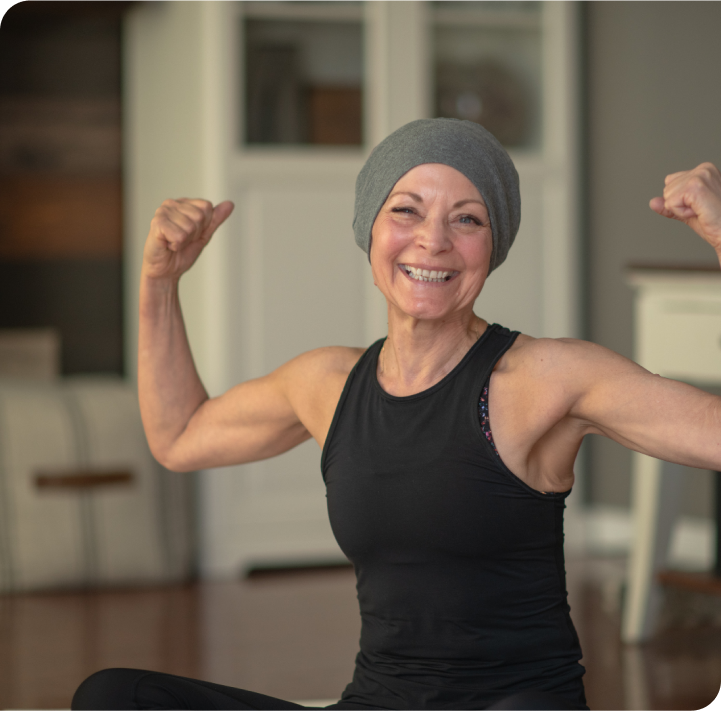Integrative oncology support programs are becoming more common as they combine standard cancer treatments with complementary therapies. These programs focus on more than just fighting cancer cells; they address a patient’s overall well-being during a challenging time. The goal is to improve how patients feel throughout treatment by managing symptoms, reducing side effects, and supporting mental and emotional health. This approach provides a more comprehensive experience than conventional treatment alone.
Exploring Complementary Therapies in Oncology
A wide variety of therapies fall under integrative oncology support. These can include acupuncture, massage therapy, meditation, yoga, nutritional guidance, and herbal supplements. Each option targets a specific area where patients often face difficulties. For example, acupuncture is known to help with nausea and pain, common side effects of chemotherapy. Meditation and yoga help ease stress, improve sleep, and promote relaxation. Nutritional counseling addresses changes in appetite or digestion, helping patients maintain strength. The blend of these therapies with medical treatment offers a well-rounded support system.
Personalizing Care for Individual Needs
Integrative oncology recognizes that every cancer patient has unique needs. Providers assess factors like symptoms, emotional state, and lifestyle to create individualized care plans. This personalized approach allows patients to actively participate in their treatment and address concerns that may not be fully managed by medicine alone. For example, someone experiencing anxiety related to diagnosis might benefit from counseling or mindfulness techniques in addition to medication. This customization helps improve both treatment outcomes and quality of life.
Enhancing Physical and Emotional Well-Being
Cancer treatment often brings physical discomfort and emotional strain. Integrative support focuses on managing fatigue, pain, digestive problems, and other symptoms to help patients maintain energy. Simultaneously, emotional support such as counseling or support groups offers a safe space to express fears and frustrations. Addressing mental health alongside physical symptoms strengthens patients’ resilience and promotes healing on multiple levels. Patients often report feeling more balanced and hopeful when both aspects are cared for.
Coordinating Care Between Therapies and Treatments
Successful integrative oncology depends on collaboration between different healthcare providers. Oncologists, integrative therapists, nutritionists, and counselors work together to help make sure treatments complement each other. Communication among the team helps prevent conflicts or complications, keeping the patient’s safety as a priority. Regular monitoring also allows adjustments based on progress or new symptoms. This coordinated care offers patients confidence that every part of their treatment is aligned and focused on their well-being.
Providing Education and Emotional Resources
Access to reliable information empowers patients and families to navigate cancer care more effectively. Integrative programs often include educational workshops and materials covering topics like nutrition, exercise, symptom management, and coping strategies. These resources help patients understand their treatment and make informed decisions. Emotional resources, such as peer support groups or counseling sessions, provide connection and reassurance. Feeling supported both intellectually and emotionally can reduce feelings of isolation.
Make Informed Oncology Support Decisions
Integrative oncology programs offer options that expand beyond traditional medical care. By understanding the range of therapies available, patients gain a sense of control over their journey. This involvement helps align treatment with personal values and preferences. Some patients find this approach improves their outlook and motivation. Integrative care does not replace conventional cancer treatment but enhances it by addressing the whole person.
- mylovelyfurryfriend discover expert tips on dog health
- Infectious Diseases Updates – Stay Informed, Stay Protected!
- Wegovy For Weight Loss – A Breakthrough in Managing Obesity!
- Emergency Medicine Forum – A Hub for Fast-Paced Knowledge, Support & Updates!
- Pediatrics Discussions – Insights, Challenges, and Expert Advice for Better Child Health!





Leave a Reply